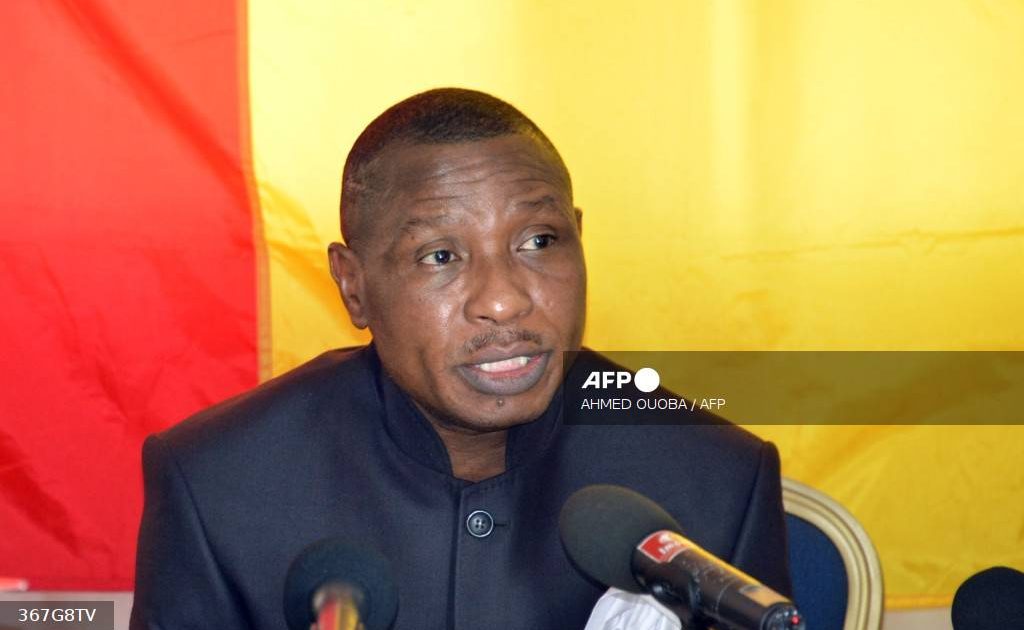
A court in Guinea has sentenced the ex-dictator Moussa Dadis Camara to 20 years in prison for crimes against humanity. The ruling comes after a significant trial related to a massacre that took place during a political rally in 2009.
During the trial that spanned nearly two years, seven other defendants were also handed severe sentences, with some facing life imprisonment.
The tragic events occurred on September 28, 2009, when Dadis Camara’s security forces violently suppressed an opposition rally at a stadium in Conakry. This led to the deaths of at least 156 people, while hundreds were injured, and 109 women were reported to have been raped, according to a UN investigation.
The court’s decision to classify the charges as crimes against humanity was made just before the sentencing. The victims were also awarded compensation ranging from 200 million to 1.5 billion Guinean francs ($23,000 to $174,000).
One of the survivors, Kadiatou Sow, who was a victim of rape during the massacre, expressed her anticipation for justice, stating, “I want these soldiers to pay a heavy price with sentences befitting their crimes.”
Former junta leader Dadis Camara, along with other government and military officials, faced accusations of various crimes, including murder, sexual violence, torture, abduction, and kidnapping. Despite the verdict, Dadis Camara denied any responsibility for the atrocities.
The landmark trial, which commenced on the anniversary of the tragic incidents in 2022, captivated Guinea, with extensive media coverage of the courtroom proceedings. The prosecution called for life imprisonment for Dadis Camara and the other defendants.
As the verdict was awaited, both the accused and the plaintiffs had an opportunity to appeal within 15 days, with the prosecutor’s office having a two-month window for the same. International human rights organizations have hailed the trial as a significant step towards accountability for Guinea’s security forces.
Despite the trial’s landmark nature, concerns remain about ongoing repression in Guinea, including protests against the disappearance of pro-democracy activists and limitations on opposition voices and the media.
The trial’s outcome is seen as a test of Guinea’s commitment to addressing past human rights violations and holding perpetrators accountable.
